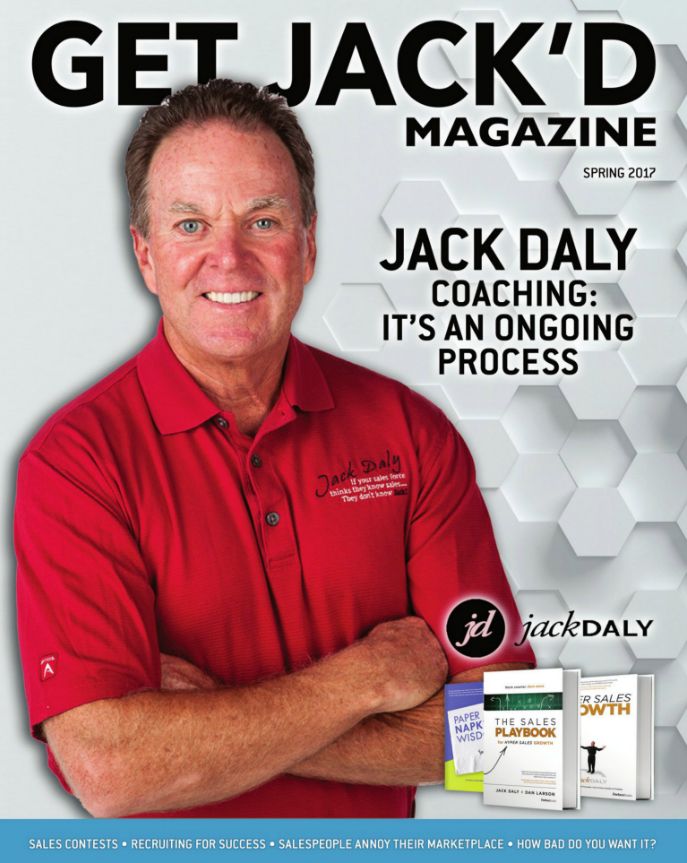6 Principles For Communicating A Powerful Vision For Change by Brent Gleeson
A great vision for change is only as good as how and when its communicated. As a Navy SEAL, effective communication was tantamount to success in chaotic environments. Similarly, when you’re faced with the inevitable adaptive challenges an organization encounters throughout its lifecycle, communication can either be the catalyst for success or the most damning piece of the puzzle.
Creating, defining and communicating the vision for organizational transformation is a tricky process and requires considerable time and resources to get right. Getting it wrong will doom a change effort to failure, almost every time.
The first step when heading into the murky waters of change is to build a powerful guiding coalition, or transformation task force if you will. This team must include senior leaders, key managers, and additional team members who are among the most well respected in the company and known for embracing change.
Regardless of the team members involved, no successful, lasting organizational change has been accomplished without an impactful, concise, and feasible vision. The transformation task force must participate in developing this vision statement for change, buy into the outcome, and be able to articulate it in many ways to others within the organization.
For example, let’s say an IT services company has a new transformation goal of reducing costs while also improving customer and employee retention by a significant margin in the next two years. Not an easy task, especially when doing such things in tandem. But most great organizational change visions are both lofty and feasible. They can’t be too far from reach for anyone to believe in, but also not so mundane that nobody gets excited about the outcome.
There are six core principles that organizations, senior leaders and those involved in the transformation task force must embrace throughout the process.
1. Simplicity
The change vision must come in many forms, and you must be able to communicate it in both short and long form. If you can’t articulate a powerful vision in five minutes or less, in which the listener understands and can
READ MORE
Full 2017 Workshop Schedule
-
- Apr 6, 2017– Smart Selling Workshop – Ft. Lauderdale, FL
-
- May 3, 2017– Smart Selling Workshop – Nashville, TN
-
- Jun 1, 2017 – Jun 2, 2017– 2-Day Sales & Management Success Summit – Chicago, IL
-
- Jun 1, 2017– Management Success Workshop – Chicago, IL
-
- Jun 2, 2017– Smart Selling Workshop – Chicago, IL
-
- Jun 16, 2017– Smart Selling Workshop – Los Angeles, CA
-
- Jul 10, 2017– Smart Selling Workshop – Richmond, VA
-
- Jul 14, 2017– Smart Selling Workshop – San Diego, CA
-
- July 28, 2017– Smart Selling Workshop – Orange County, CA
- Aug 22, 2017– Smart Selling Workshop – Washington DC
Questions? Call Gabriel Clift at 855-733-7378 or gabriel@jackdaly.net

JD SALES MANAGER FORUM
Over the past year I’ve heard this question- “Is there an organization where Sales Managers can meet together for ongoing, high-level learning opportunity and challenges that also provide an outside mechanism for enhanced accountability? ” The answer is “THERE IS NOW” Meet SALES MANAGER FORUM!
Only 20 seats at the table-grab yours today!
Questions? Call 888-298-6868 or jennifer@jackdaly.net.

Learning, Earning and Returning: The 3 Stages of a Fulfilling Life by Jeff Shavitz
Your success can be the catalyst for the success of others, and that is the most satisfying success of all.
I attend many networking meetings, frequent educational seminars and conferences. I am a member of the Miami Young Presidents Organization and other business groups which promote business learning and networking.
With 30 years of the above experience, just last week I attended a conference and heard an expression which will have an everlasting impact on my life personally and professionally. The speaker, an accomplished banker and philanthropist, told our business audience that you should break your life into thirds and live by the expression: Learning, Earning & Returning
I wish I was so profound and philosophical that I could have thought of this powerful expression — but I didn’t. However, I will share my own perspective plus the speaker’s thoughts on this mantra.
Learning.
The first third of your life you should be learning. Learn in school, learn from mentors, read, become a sponge and absorb everything. Dedicate your early years to learning — both academically and in your everyday life. Challenge yourself and push yourself.
Having three children who currently range from middle school to college, I see how important education is. And yes, your study habits do start at a young age. The discipline to learn and to want to learn begins in grammar school (when colleges will not even look at your transcripts). My oldest is now currently a sophomore at the University of Michigan in the Ross Business School and I am truly envious of her and how much she is learning. The foundation of her academics can only benefit her regardless of her ultimate job — and her passion to learn and succeed has become infectious to my younger children.
Regardless of which college you attend — or candidly, don’t attend, (if this path is not your calling), you can learn in many ways. Reading books, listening to audio books, attending free meetings, finding a mentor.
READ MORE
|







